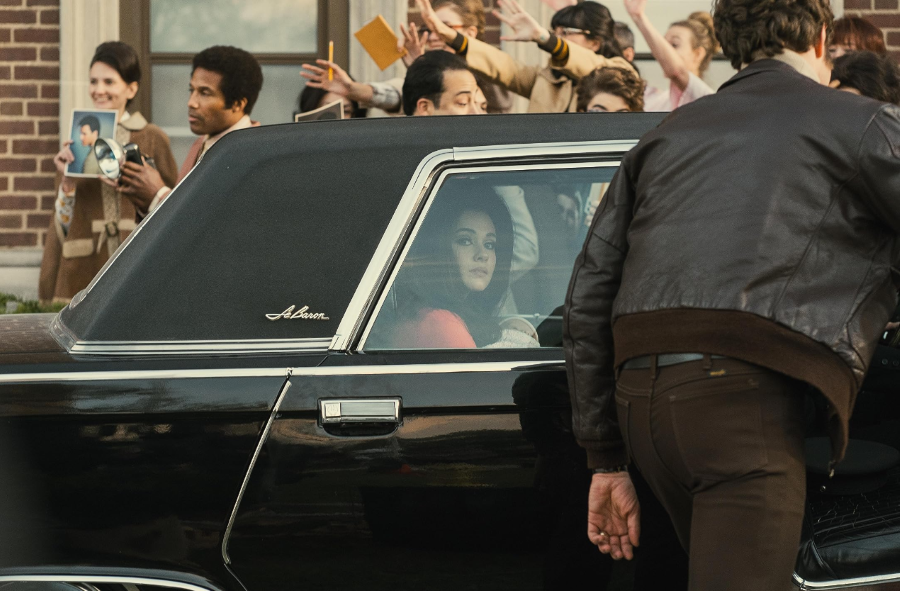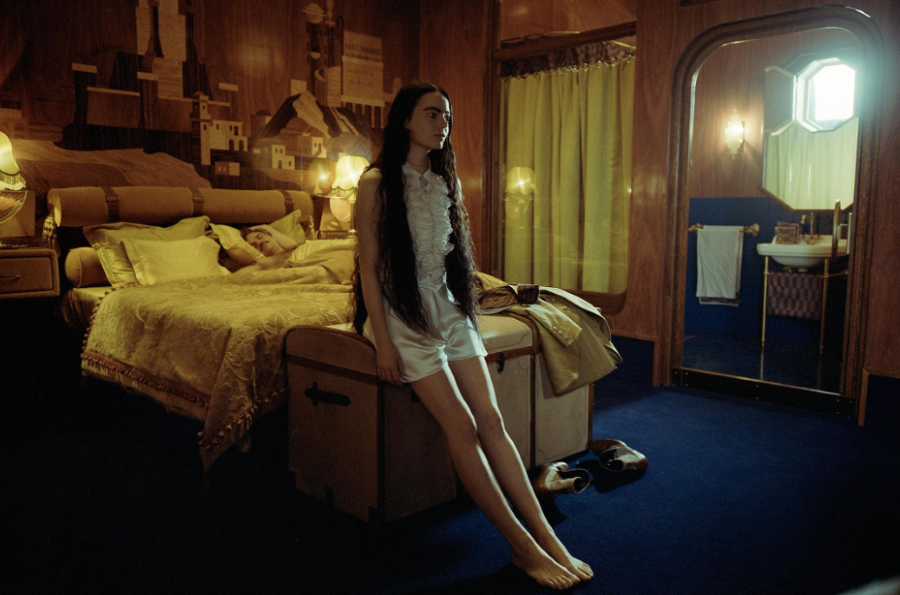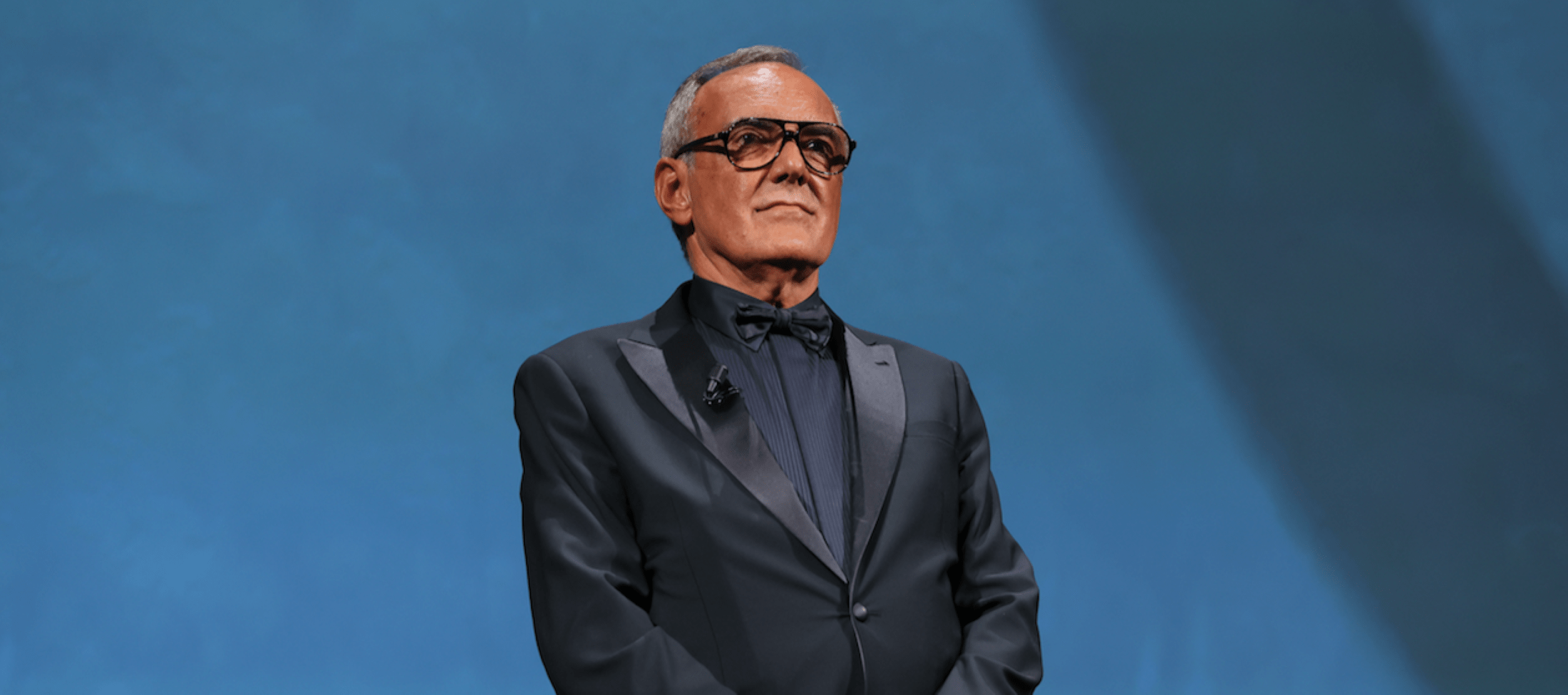
Q&A with Alberto Barbera, Director of the Venice Film Festival
Cinema was just 37 years old when the world was first introduced to the Venice Film Festival in 1932. From its very beginning, the event managed to establish itself as one of the most significant film festivals. Masterpieces like ‘Ivan’s Childhood’ (1962), by Andrei Tarkovsky, ‘Three Colours: Blue’ (1994) by Krzysztof Kieślowski, ‘The Last Year in Marienbad’ (1968) by Alain Resnais, and ‘Rashomon’ (1951) by Akira Kurosawa premiered here.
Since then, the history of cinema, with its successes, and challenges, has been etched into the narrative of the Venice Film Festival. This annual celebration of cinema gifted the world with groundbreaking artists and took part in the shaping of the medium. In 2023, the Venice Film Festival is celebrating its 80th anniversary.
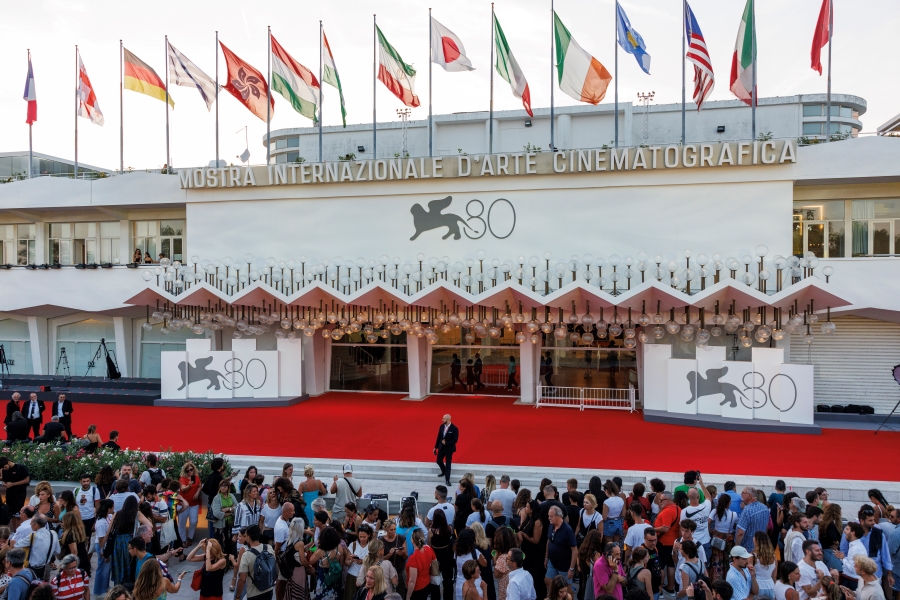 Red Carpet © Jacopo Salvi, La Biennale di Venezia. Photo: ASAC
Red Carpet © Jacopo Salvi, La Biennale di Venezia. Photo: ASACRunning from August 30 to September 9, the festival will present some of the most anticipated films of the year. Over the past months, there's been growing excitement around movies like Yorgos Lanthimos' 'Poor Things,' David Fincher's 'The Killer,' and Wes Anderson's 'The Wonderful World of Henry Sugar.' Also, this year the ‘Venice Classics’ category will showcase the restorations of timeless classics like ‘Shadows of Forgotten Ancestors’ (1965) by Sergei Parajanov, ‘Andrei Rublev’ - Director’s Cut (1966) by Andrei Tarkovsky, Luchino Visconti’s ‘Bellissima’ (1951), and Agnès Varda’s ‘Les Créatures’ (1966).
In 2023 the Festival is promising an exciting lineup. To learn more about the iconic Venice Film Festival and how it’s celebrating its 80th anniversary, we talked with its director Alberto Barbera about its film selection process, the actors’ strike in Hollywood, and what he feels is the most exciting part of this year’s festival.
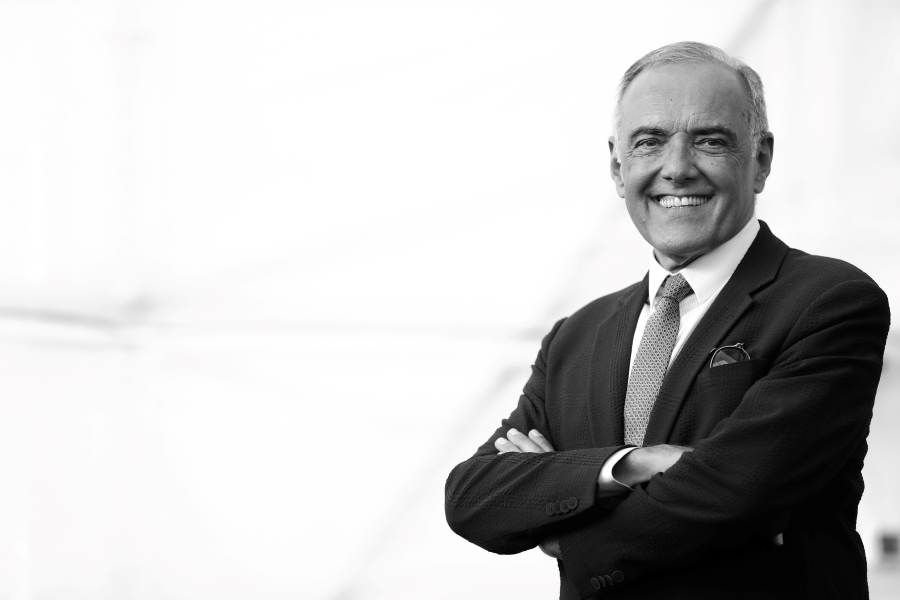 Director Alberto Barbera © La Biennale di Venezia. Photo: ASAC
Director Alberto Barbera © La Biennale di Venezia. Photo: ASACWhat criteria does the Venice Film Festival prioritise in the process of film selection, and could you tell us about any challenges associated with upholding these standards?
The only criteria that we follow in the selection process is the quality of the film that we are watching. No other criteria, like the content, particular issues, or attention to social or political aspects are taken into account. The concept is to show some of the best quality films of the season, together with a wide range of films from different regions in the world. What do we mean when we speak of quality? A personal point of view of the filmmaker, an original approach to the theme or the narrative form, the ability to propose innovative solutions in terms of form, character construction, and the ability to reflect on new aspects even in the case of familiar issues.
Because of the actors’ strike in Hollywood, instead of Guadagnino’s ‘Challengers’, the festival will now open with ‘Comandante’, directed by Edoardo De Angelis. Are there any efforts being made by the festival to promote the cause and support the rights of those who work in the industry?
I do not think it is the festival’s job to take a position in the conflict between screenwriters and actors and representatives of the film industry. I have been able to say in numerous interviews that many points of the demands made by the strikers are more than reasonable, such as the concern to guarantee the fundamental rights of workers and the imperative need to regulate the use of Artificial Intelligence. But these are personal opinions, not a position of the Biennale as such, which must remain super partes in a case like this.
Photo 1 - Priscilla by Sofia Coppola © A24 Distribution, LLC; Photo 2 - Poor Things by Yorgos Lanthimos © Yorgos Lanthimos
This year, films like Sofia Coppola’s ‘Priscilla’, ‘Poor Things’ by Yorgos Lanthimos, and Wes Anderson’s ‘The Wonderful World of Henry Sugar’ festival are scheduled to premiere at the 80th Venice Film Festival and are generating much excitement. Could you share your insights on these films and the reasons behind their selection?
I can’t talk about the film that we have selected and the reasons behind their selection. But they are excellent films, which is why they are part of our lineup. I think I chose the films that surprised me more, generated in me a strong emotion during the screening or made me think about the future of cinema. But it’s up to the critics and the audience to express a final judgement.

